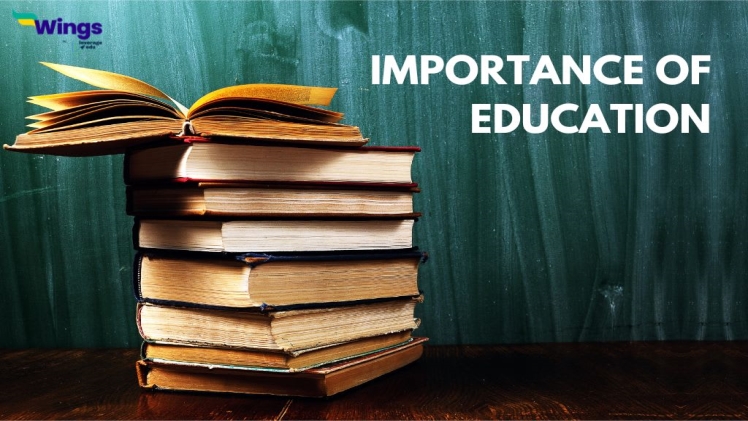Introduction:
Education, often hailed as the cornerstone of progress and development, plays a pivotal role in shaping individuals and societies. Beyond the acquisition of knowledge, education empowers individuals with the skills, critical thinking abilities, and perspectives needed to navigate the complexities of the world. This article delves into the multifaceted realm of education, exploring its transformative power and the evolving landscape of learning in the 21st century.
Table of Contents
Foundations of Learning: Education begins with the foundations laid in early childhood. Early childhood education not only imparts fundamental knowledge but also fosters social, emotional, and cognitive development. A strong foundation in the early years sets the stage for a lifelong love of learning and exploration.
The Evolution of Teaching Methods: The methods of imparting education have evolved significantly over the years. Traditional classrooms are now complemented by digital platforms, interactive technologies, and adaptive learning systems. Blended learning approaches, combining online and in-person instruction, offer flexibility and cater to diverse learning styles.
Empowering Critical Thinking: Education is not merely about memorizing facts; it is about nurturing critical thinking skills. Encouraging students to question, analyze, and synthesize information fosters a deeper understanding of the subject matter. The ability to think critically is a lifelong asset that extends beyond academic pursuits.
Globalization and Cultural Awareness: In a world that is increasingly interconnected, education plays a crucial role in fostering global awareness and cultural sensitivity. Exposure to diverse perspectives, languages, and cultural contexts helps students develop a broader worldview, preparing them to thrive in an international and multicultural environment.
STEM Education: The emphasis on Science, Technology, Engineering, and Mathematics (STEM) education reflects the growing importance of these fields in the modern world. STEM education equips students with the skills needed for the jobs of the future, encouraging innovation, problem-solving, and a scientific mindset.
Digital Literacy: As technology becomes ubiquitous, digital literacy has become an integral component of education. Beyond using digital tools for learning, students must develop the ability to critically evaluate online information, navigate digital platforms responsibly, and harness technology for creative expression and collaboration.
Life Skills Education: Education extends beyond academic knowledge to encompass essential life skills. Financial literacy, communication skills, time management, and resilience are crucial aspects of education that prepare individuals for the challenges and opportunities of adulthood.
Inclusive Education: Inclusivity is a cornerstone of modern education. Inclusive education ensures that all students, regardless of their abilities, backgrounds, or learning styles, have access to quality education. It promotes diversity, equity, and a sense of belonging within educational institutions.
Lifelong Learning: The concept of education as a lifelong journey has gained prominence. Continuous learning is essential in a rapidly changing world, where new technologies, industries, and challenges emerge regularly. Cultivating a mindset of lifelong learning empowers individuals to adapt, grow, and stay relevant throughout their lives.
Challenges and Opportunities: While education has the power to transform lives, it also faces challenges. Disparities in access to quality education, outdated curricula, and the digital divide are obstacles that demand attention. However, these challenges also present opportunities for innovation, policy reform, and the harnessing of technology to bridge gaps and enhance educational outcomes.
Conclusion:
Education stands as a beacon of hope and progress, capable of transforming individuals and societies. As we navigate the complexities of the 21st century, the role of education evolves to meet the demands of a dynamic world. From foundational learning in early childhood to the promotion of critical thinking, STEM education, digital literacy, and inclusivity, education is a multifaceted journey that shapes minds and molds futures. Embracing the transformative power of education ensures that individuals are not only equipped with knowledge but also empowered with the skills and mindset needed to thrive in a rapidly changing global landscape.

